The University of Chicago Press, Chicago 60637
The University of Chicago Press, Ltd., London
2017 by The University of Chicago
All rights reserved. No part of this book may be used or reproduced in any manner whatsoever without written permission, except in the case of brief quotations in critical articles and reviews. For more information, contact the University of Chicago Press, 1427 E. 60th St., Chicago, IL 60637.
Published 2017
Printed in the United States of America
26 25 24 23 22 21 20 19 18 17 1 2 3 4 5
ISBN-13: 978-0-226-48730-4 (cloth)
ISBN-13: 978-0-226-48744-1 (paper)
ISBN-13: 978-0-226-48758-8 (e-book)
DOI: 10.7208/chicago/9780226487588.001.0001
Library of Congress Cataloging-in-Publication Data
Names: Jansen, Robert S., 1977 author.
Title: Revolutionizing repertoires : the rise of populist mobilization in Peru / Robert S. Jansen.
Description: Chicago : The University of Chicago Press, 2017. | Includes bibliographical references and index.
Identifiers: LCCN 2016058028 | ISBN 9780226487304 (cloth : alk. paper) | ISBN 9780226487441 (pbk. : alk. paper) | ISBN 9780226487588 (e-book)
Subjects: LCSH: PresidentsPeruElection1931. | PeruPolitics and government19191968. | Politics, PracticalPeruHistory20th century. | PopulismPeruHistory20th century. | Political participationPeruHistory20th century.
Classification: LCC jl3492.j36 2017 | DDC 320.56/620985dc23 LC record available at https://lccn.loc.gov/2016058028

This paper meets the requirements of ANSI/NISO Z39.481992 (Permanence of Paper).
The question of political practice is, or at least should be, central to the study of politics. The things that politicians, and collective political actors like parties and social movements, do in the course of pursuing and maintaining political power are just as important as their social origins, identities, motives, ideologies, or organizational characteristics. But while political practice matters a great deal, the scope of what political actors are likely to find themselves doing at any given time and place tends to be quite limited. When political actors act, they usually do so in fairly habitual ways. They follow routine procedures, recycle tried-and-true strategies and tactics, draw on models from the past, and mimic others in the present. Contemporary social movements in the United States boycott companies, march on Washington, and engage in acts of nonviolent civil disobedience; contemporary U.S. political parties hold voter registration drives, produce television ads, and host expensive fundraising dinners. In rare and surprising moments, however, something new comes along. Indeed, none of the practices just noted were common a hundred years ago. If the landscape of political practice at any given time and place tends to be relatively stable, where do new practices come from? Under what conditions, and by what processes, do political actors make a break with their old habits and develop new lines of action? When new practices are elaborated, what shapes their characteristics? And what does it take for new practices to get assimilated into the toolkit of routine go-to options? This bookwhich is, in the end, a sociological study of the sources of political innovationseeks answers to these questions.
I argue that explaining the rise of novel political practices requires three analytical steps. First, it is necessary to attend to changes in the terrain of social-structural realities, as these can afford opportunities to political actors who are seeking new practical alternatives. This terrain constitutes the social context of action in which political actors are situated. Second, it is necessary to understand the characteristics and unfolding dynamics of the political context of actionthe local political field in which actors are vying for positionbecause these contribute to the formation of collective actors with specific endowments, set in relation to one another in particular ways, facing unique sets of opportunities and constraints. Third, it is necessary to attend to the political actors experimental engagement with new practices as this unfolds over time, with a clear comprehension of the social experience and perspectives available to them as they evaluate practices and judge how they match up with the changing social and political context. I will develop this argument in the introductory chapter and return to it in the conclusion. But for now, suffice it to say that this approach implies the need for attention to macro-historical social and political contexts, but also to meso- and micro-level relationships, interactions, and processes; that it suggests we attend to institutional structures and material realities, but also to cultural resources and situated perception; and that it asks us to consider not only actors social locations and organizational positions, but also their experiential trajectories and personal habits of thought and action. Most of all, explaining political innovation demands a serious engagement with the problem of human creativity.
I develop this argument through the sustained consideration of a particular historical casePerus 1931 presidential electionin which the candidates of two opposing parties, along with their party leadership, elaborated a new modality of political practice that I identify as a distinctively Latin American style of populist mobilization. Prior to 1931, nothing like populist mobilization had been practiced in Peru. Indeed, this case represents the first example of large-scale, election-oriented populist mobilization in Latin American history, predating Perns and Vargass reliance on the practice by nearly a decade and a half. Over the course of this critical election, outsider political actorsfacing a unique political situation, set against a backdrop of changing social conditionsdeveloped and implemented a new set of political ideas, strategies, and tactics. And once populist mobilization had been enacted, its example revolutionized the set of practices that future politicians would have on hand as they attempted to secure or maintain legitimacy and power. Explaining this historical shift is the substantive agenda of this book.
I did not set out initially, however, to study political innovation. When I began this project, I believed that I was embarking on an investigation into the thorny but fascinating topic of populism. Populism has long been a prominent feature of the Latin American political landscape, and a renewal of populist activity in the 1990s underlined its continued importance. Neo-populism became a topic of fierce debate amongst scholars, journalists, and members of the interested public. In the early 2000s, the talk in Latin Americanist circles was of Perus Alberto Fujimori and Venezuelas Hugo Chvez, among others. With their charismatic personalities, flamboyant styles, heated rhetoric, and controversial policies, figures like Fujimori and Chvez had engendered strong loyalties and catalyzed intense opposition. In many respects, they bore a striking resemblance to the populist figures of an earlier generationpeople like Argentinas Juan Domingo Pern and Brazils Getlio Vargaswhose images have come to define a romanticized stereotype of Latin American political culture. To this young student of contentious politics, the topic seemed both endlessly puzzling and imminently pressingan impression that rings even more true today than it did then.



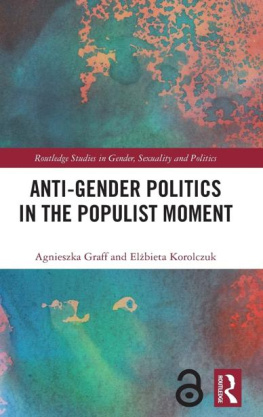
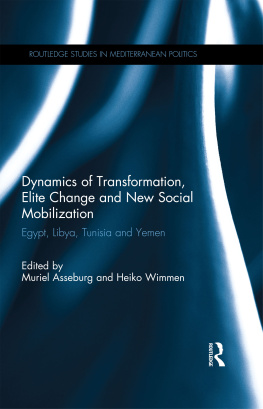
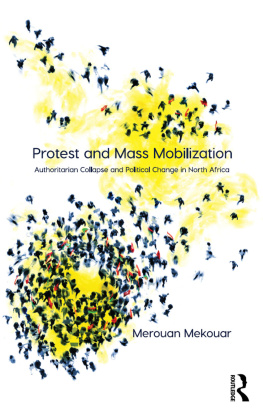
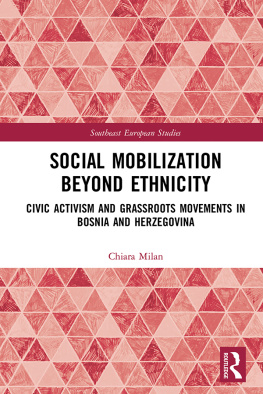
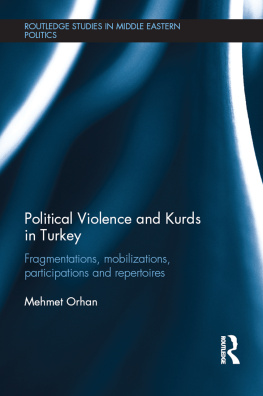
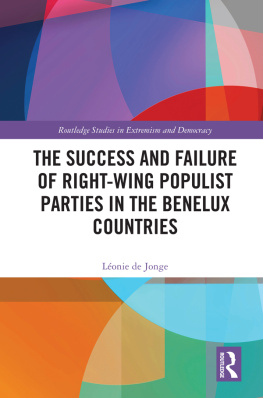
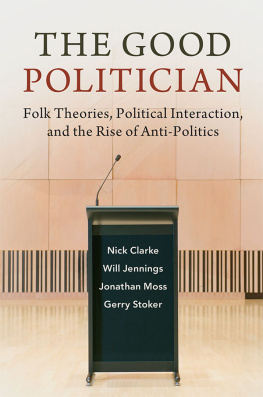

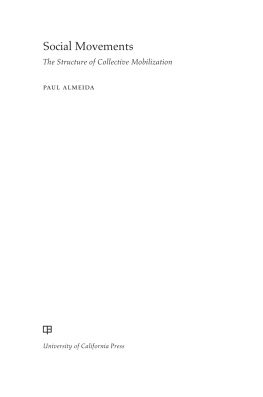

 This paper meets the requirements of ANSI/NISO Z39.481992 (Permanence of Paper).
This paper meets the requirements of ANSI/NISO Z39.481992 (Permanence of Paper).